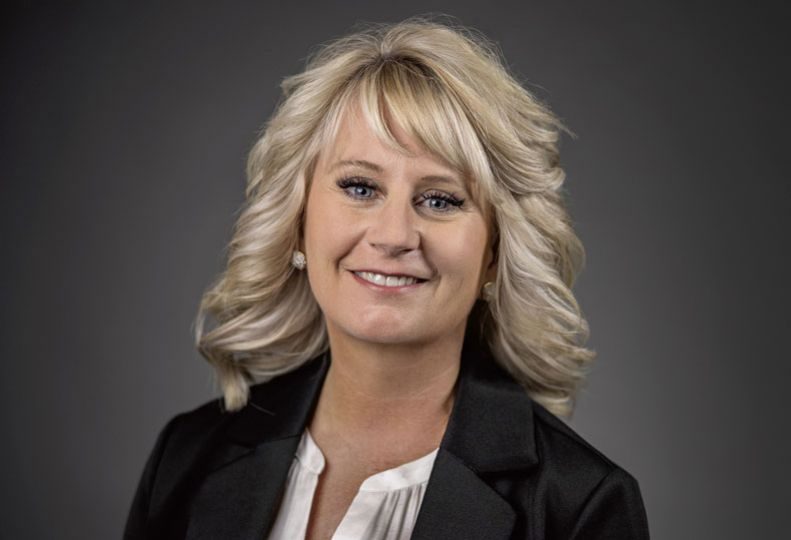
Home » Visions 2023: Corporate giving expectations become more complex
Visions 2023: Corporate giving expectations become more complex
Companies must do more than make big donations

December 29, 2022
I’m not sure who has the superpower of predicting the future. I know it’s not me.
The world has seen other pandemics, and there’s nothing new about social, economic, and environmental upheaval. But the collision of seemingly unrelated events, and the extent to which they’ve impacted – well, everything that’s nothing I would have predicted.
What I do know is, it has certainly changed expectations around corporate philanthropy. Potential customers Google your social priorities before they give you their money. Boards and shareholders expect solutions-based engagement.
Philanthropy and social engagement are also key to hiring and retention. Employees are taking active roles in influencing corporations to invest in areas they deem purpose driven. Sharp, young workers in particular are looking for evidence of a company’s commitment to diversity, equity, inclusion, and belonging.
To be sure, giant checks are still welcome—and necessary. But the days are gone when a business could walk away after making a jaw-dropping donation. To stay relevant, corporations must also make meaningful and sustainable investments in volunteerism, mentorship, and community leadership that drive outcomes.
One space of which I am confident in speaking about the future is right here—our beloved Inland Northwest. In Spokane, there are fewer large, locally based businesses able to cut sizable checks than there were at the start of this century. There are fewer organizations willing to dedicate other resources—particularly leadership—to serve where they live, work and play.
Great responsibility comes with corporate giving. Lifting our community and lightening the burdens of one another is honorable but must be done with intention and care. It starts with defining your corporate values and mission and incorporating them into your purpose—your reason for existence as an organization. Only then will you have a sustainable mission for social responsibility, where you can focus your philanthropy.
The reward is workforce retention, employee health, community relationships, and economic viability all occurring when corporations are engaged in their community.
Social impact should be a core value for both communities and businesses. When their aspirations are aligned for the future of all citizens, and if they have a unified strategy to achieve those goals, then amazing things can be accomplished.
For evidence, you need look no farther at Expo 74’, The Fox Theatre, Centennial Trail, the University District, WSU’s Elson S. Floyd School of Medicine, and the list goes on.
It’s important to be a step ahead, instead of focusing on the needs of today. What will be relevant in two years? What are the likely trends within education, health care, workforce and the very real issue of homelessness?
Collaboration, coordination, and commitment to one another has always been Spokane’s secret sauce to success. Working otherwise has sometimes been our greatest barrier.
Together, we drive our future destiny, ensuring it is bright for all.
Marty Dickinson is the chief marketing officer of STCU.
Latest News Banking & Finance
Related Articles
Related Products




